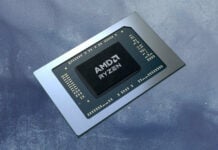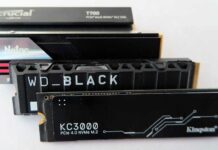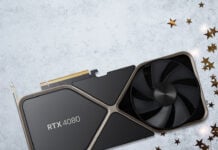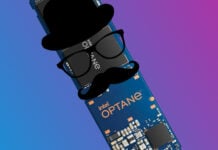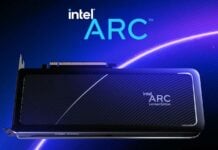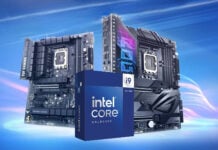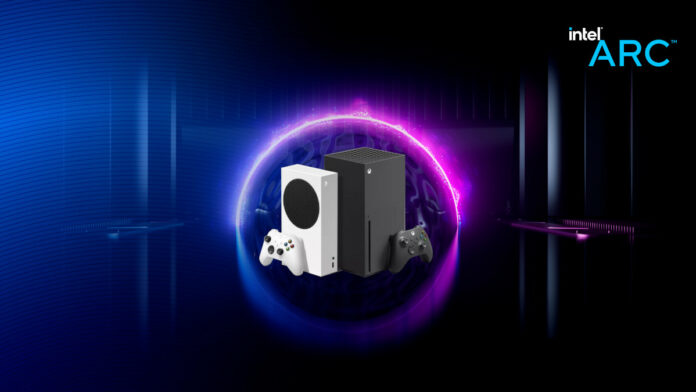
It appears Intel is actively pursuing the opportunity to create a semi-custom SoC for Microsoft’s next-generation Xbox. Apparently, Intel’s main pitch to Microsoft execs is that it will be entirely manufactured in the United States. In other words, an ‘All-American’ product, from the silicon down to the packaging.
According to insider information from Moore’s Law is Dead, the proposed custom chipset could be functionally similar to the existing architecture, but it would be based on the company’s next-generation CPU and GPU microarchitectures. If past roadmaps are any indication, I think it fair to suspect a tile-based APU made with a combination of future Lunar Lake and Intel Arc ‘Celestial’ or ‘Druid’ GPU architectures.
Why the fuss?
It is no secret that outside core PC components, AMD’s biggest financial vehicle is its semi-custom silicon business. It has produced custom SoCs for Microsoft since the early Xbox 360 days. Currently, both Sony’s PS5 and Microsoft’s Xbox Series S|X consoles run a variant of a Zen 2/RDNA 2-based APU inside.
Even more so, AMD is also at the forefront of the rising portable gaming market and shows no sign of stopping. Its latest processor technology offers a cool combination of amazing performance and power-sipping efficiency. Valve’s Steam Deck, Lenovo Legion Go, ROG Ally, and Ayaneo Slide are prime examples.
I think Intel has long since realised the missed opportunity here, except it hasn’t been competitive in the mobile space since the early Intel Atom days. That is, until now. Add to the fact that both Apple and Alphabet Inc’s Google have their own chipsets powering their devices, and Intel has no choice but to expand into other money-making territories.
Besides concentrating its efforts on the AI revolution, Team Blue has also been working behind the scenes to bring to market a chipset that can rival AMD’s all-in-one processors. Intel’s Meteor Lake-based Core Ultra mobile chips are among the first to yield positive results. The MSI Claw is among the first to embrace this tech in a gaming handheld form factor.
At the end of the day, we’re all for competition here at Club386, and if proven true, we wouldn’t mind an Intel-based console to market. However, seeing as the Redmond giant’s future focus is on selling games and subscriptions rather than consoles, we wonder if it’s all too late.



